|
What does feminism mean to you?
Feminism is a force with many expressions but what resonates with me most is how it asks us to bring a new and evolving consciousness to how we live and to scrutinize lazy habits of thinking. I’ve been doing this for a long time and am still astonished at what I discover in dark corners of my own mind and being. In this sense feminism is an ongoing conversation with my private self and the outer world. Feminism is about visibility, about calling things out so they are seen and recognisable – a recent example is how #metoo has drawn attention to the intolerable ‘open secret’ of the sexual harassment and assault of women. Working for a humanitarian agency and seeing the challenges women face in fragile contexts has made me urgently aware of how far there is to go when it comes to an equitable world. We have seen some real, quantifiable changes in the west. Change is possible with practical action. The more we challenge the status quo, the more we shift it. · Was there a particular moment you can pinpoint that was crucial to the development of your perspective on feminism? The moment was in my early 20s, when I was reading Surfacing by Margaret Atwood, Oranges Are Not The Only Fruit and The Passion by Jeanette Wintersen, Beloved by Toni Morrison, Revolution from Within by Gloria Steinem, Writing a Woman’s Life by Carolyn Heilbrun, the poetry of Sylvia Plath and Adrienne Rich and worlds were opening up, spaces and language and modes of thinking – and unlearning old thinking. Rich’s beautiful poems, Diving IntoThe Wreck and Aunt Jennifer’s Tigers have stayed with me, especially the latter’s image of those wild, prancing, unafraid tigers embroidered in and contained by, the borders of a cushion. This is also when I read for the first time Virginia Woolf’s essay “A Room of One’s Own.” She felt then – and still does now – like this amazing literary grandmother speaking with such sharp intelligence and clarity. There’s something fluid and expansive in her authorial voice. While opinionated, her opinions aren’t fixed but moving, widening, always taking up and in dialogue with new perspectives. She says so many interesting things in A Room of One’s Own that remain true, including needing your own space and money to write, and I love what she says about any subject that is highly controversial (which would include feminism itself), and that is: "one cannot hope to tell the truth. One can only show how one came to hold whatever opinion one does hold." · How do you think feminism has informed your perspectives on motherhood? The challenge for me was bringing that awareness to raising my son and daughter. Like positions on spirituality, you try with your children to teach them to think for themselves and to be discerning. One way of doing this was through storytelling. My daughter is a strong character and I looked for stories of strong girls who were both brave and active and thoughtful and kind. I invented a story of a girl who was raised by wolves in the patriarchal kingdom of Ragnor to tell my children at night time – this eventually became the fantasy series “Irina: The Trilogy.” As a mother I strove to create an environment free of gendered expectation that fed the imagination. We had a big dress up box and they and all their little friends and cousins dressed up in every way possible, as ballerinas and pirates and fairies and kings, and both played with swords and shields and dolls, (cars were the exception - my son loved cars and my daughter never had the slightest interest!) I loved watching my son’s tenderness with the doll I made him for his third birthday, carrying him around and putting him to ‘sleep’ in a pram. These days they’re young adults with amazing ideas and opinions and we have lots of conversations about what’s going on in the culture, and their observations are fascinating. I am deeply heartened by their idealism, along with their friends – many of them are progressive and thoughtful and politically engaged. What do you believe feminism brings to the conversation about domestic violence and abusive relationships? Without feminism, would we even be having the conversation? It seems unlikely that without feminism domestic violence would have been constructed as a social problem worthy of attention by policy makers, psychologists, academics, writers and the criminal justice system. In the ensuing sixty or so years the discussion has encompassed both the horror of physical abuse and the insidious nature of mental abuse – sometimes called gaslighting, where the abuser erodes his victim’s sense of reality and seeks control and power over his victim. With a woman killed, on average, every week to ten days by a current or former partner, feminism has much to bring to how these cases are reported by the media and publicly. According to Mary Barry, the CEO of Our Watch, blaming victims still happens in one in six news reports. This is astonishing. The way journalists frame each story can have a huge effect on public understanding, and I think all forms of public exploration, including film, music, fiction and art are grappling with this question. Which women, queer, or non-binary writers should everyone be reading right now? Recently I’ve been reading the poetry of Ellen Van Neerven. Her writing is assured and funny and evocative. I’ve come across a few recordings online and on Instagram and really enjoyed the quiet way she reads, it’s beautiful. For everyone and especially novelists, I think Rachel Cusk’s Outline Trilogy is essential reading. In these novels Cusk is interrogating the intersection between life and writing itself, dispensing with conventions of dialogue, interiority and plot in pursuit of a deeper authenticity. Her prose is extraordinary . A writer I’d like to explore further is Judith Butler, whose latest book “The Force of Nonviolence,” calls for human beings to imagine a new, radically equal way to live together in the world. In an interview with The New Yorker, says that in proposing active non-violence, she’s trying to shift the question to “What kind of world is it that we seek to build together?” – a question that seems even more relevant in the time of the coronavirus, as we face a changed post-lockdown world. (As the musician and writer Richard Frankland posted on FB, maybe we have “the opportunity to plant seeds for a world cultural change? A world where we focus on the wellbeing of each other? Where we strive to end poverty and war? Where world collective action on climate change becomes a primary issue...” ) And finally, I loved Butler’s idea that we have ethical obligation to be unrealistic: “If one takes the view that it is simply not realistic that a woman can be elected President, one speaks in a way that seems both practical and knowing. As a prediction, it may be true, or it may be shifting as we speak. But the claim that it is not realistic confirms that very idea of reality and gives it further power over our beliefs and expectations. If “that is just the way the world is,” even though we wish it were different, then we concede the intractability of that version of reality. We’ve said such “realistic” things about gay marriage before it became a reality. We said it years ago about a black President.” An ethical obligation to be unrealistic? I’m all for it. Originally published FWF 2020.
0 Comments
12/11/2020 0 Comments A New Chapter...A New Chapter
During the first lockdown I thought I'd have another go at illustrating a children’s picture book about unicorns I’d abandoned a while back – for good reason. Back then I’d set out to create my masterpieces armed with newly sharpened pencils and some confidence. I planned to pencil their outlines then paint them in atmospheric settings of fog and fire, or dark green woodlands similar to the famed unicorn tapestries. These plans proved overblown. My first attempt looked like a llama. The next one had a weirdly human face attached to its four legged body, and a horn like an upended carrot. Put off by the chasm between the images in my head and those on the page I gave up. Four years later, tired of staring at screens in isolation, I remembered the unicorns. Yes, now was the time! Never had the medium of paper seemed more inviting, with its empty ivory smoothness, its tactility, its silence. Out getting groceries I saw the local $2 shop was still open. Weeks had passed since I’d shopped anywhere except Coles and I spent a weirdly long time looking at cap guns and synthetic frangipani. With a paintbrush and watercolour pad I headed to the checkout with a sense of excitement. “You’re still open,” I said, conversationally. “Yes.” She looked offended. “Stage 3. Woolworths is open. So I can be open. Okay?” “Of course!” I nodded my head in friendly agreement because it would be a while till my next face to face chat with a stranger - another daily pleasantry that’s gone the way of cappuccinos and office banter. At home I watched a youtube video on painting horses and thought I was set. And then? Yep, my unicorns looked like smiling llamas again. The fourth one looked bizarrely like a gun. Let’s not discuss the lizard. And that’s just the heads -- don’t get me started on all those opposing forequarters and hindquarters and impossible spindly legs! When my daughter came in to the kitchen, I pointed out the gun horse head and she said, after long pause: “Yeah, that’s no good. It kind of looks like it’s been – bitten,” adding kindly, “Mum, now you’ve written a novel for grown-ups you should maybe, you know, stick to that?” The rest of the afternoon was lost to doodling with paint like I used to as a kid, making black sweeping marks on the paper’s whiteness. Time passed, I daydreamed, and remembered with new appreciation a magnificent George Stubbs painting I’d once seen of a racehorse called Whistlejacket, a towering, fabulous beast. Before packing up, I dashed off a sketch of myself painting unicorns. I’d love to say that in this final picture there appeared a perfect forelock, poll and muzzle but sadly I can’t. Reader, he looked like a giraffe. First published in The Courier Mail under "A New Chapter". Image: "Woman with Unicorn " by Italian Renaissance painter, Barbara Longhi, 1605 We really miss going to bookshops and writers festivals and chatting with our friends about what we’ve been reading. And we totally got inspired by what the team at Isol-Aid did with their music festival on Instagram and thought it might be fun to try something similar with writers, reading from their new books and giving us an update on what they've been reading in isolation. Sounds fun right? And you don't even have to get dressed up to attend as you can watch from the comfort of your own home on Zoom or YouTube. You can watch the broadcast on your phone, your computer or any Smart TV or Chromecast/Apple TV. Online Events Online Festivals Online Film & Media Festivals 11/5/2019 0 Comments Melbourne...This indigo city which is not grey, is not a thing but a situation or atmosphere or layers of living, beginning with the earth that hoards the bones, artefacts and lost words of ancient folk who are not my ancestors and to whom I wish to pay my respects, for over their unknowable songs, their past of togetherness, all one-ness, we laid our history of separate histories; single doorways, gates and grates and ghettoes of unique belief, of language, even our forensic presence – footprints, fragments of hair, skin that falls into the ever- transmuting light, which is not grey but the shimmering colour of a dove’s wing (think of the NGV, its moat and water- wall, the stone like fresh-cut lead, that stuff has crystals in it you know -- it’s not grey but indigo.) We plait ourselves into this place which offers itself, clean of account - we each know our discrete moment walking the swirling corridor of Collins Street in that renowned wind, past 101 and churches with dusty hides like elephants. This indigo city which lies beneath skies of milk or cobalt or Prussian blue or oppressive thunderclouds, such unspent force; elsewhere El Greco painted skies like ours. This theatre of breath and cloud is not grey, which has neither black’s eternal might Nor the polar finality of white and is indeterminate, is nothing; nothing will come of nothing: speak again. Smog and sunlight, air the hue of opals, veils of light shuffling through our laneways like a deck of cards, this ‘devil’s colour’ stands alone, until it reveals its secret on the ubiquitous necks of pigeons; indigo forfeits itself from alone to all one-one iridescence in the sun. First published in Reflecting on Melbourne, Poetica Christie Press
4/21/2019 0 Comments The Easter Hare
Unveiling Elena Ferrante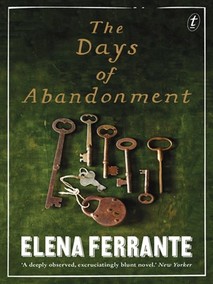 World famous author Elena Ferrante was not on my radar until an editor put The Days of Abandonment into my hands and said: “No-one knows who she is. Except her publisher.” Really? At home I opened Ferrante’s novel and was swept up in the story of Olga, and a voice that I had never before encountered in literature, not like this, not so pure, nor raw, nor so comprehensive. From its pages unspooled a kind of female darkness, a rage, startling in its consistency and in its near-flawless execution. And though I’d never read anything quite like it, the voice was familiar; it was the voice of friends weeping in cafes; of wives screaming in helpless fury at philandering husbands, the hurt and outrage of a woman passed over and sinking into invisibility. Olga’s emotions are so extreme they teeter on madness and they’re laced with poison too - the vengefulness of the woman scorned. That phrase is of course familiar; we all know that there’s something true about it, but it’s another thing to see it fully realised on the page, page after page, till you find yourself hoping that Olga can pull herself together. I saw immediately how anonymity might make such writing possible, indeed, might even be its foundation stone. It is, as Virginia Woolf said, a refuge for female writers: “Anonymity runs in their blood. The desire to be veiled possesses them.” Ferrante's stayed anonymous for seven novels, including the bestselling Neapolitan quartet, and has managed to avoid the personal aspect of marketing that most creators have to participate in, for worse or better. A recent article by Konrad Marshall in The Age's Good Weekend touched on my own ambivalence about this: “Today we are all brands. We define our philosophy by what we retweet. We refine our image with the perfect selfie…We curate our reality through the comments, shares and likes we bestow on Facebook..." All this endless, self-conscious curating! Self-consciousness - and its close friend, self-censorship, and its flip side, self-doubt - these can so easily block creativity. We are not brands, though our works might be. Branding is a shortcut between reader and writer, between audience and artist, part of the public transaction; one has to switch gears cleanly between one and the other. But sometimes it’s not quite possible. Author Nikki Gemmell found she could not write her 2003 novel, The Bride Stripped Bare, until she permitted herself to publish anonymously. She’d read Woolf’s statement that for most of history “Anonymous was a woman.” “And with that simple sentence, my recalcitrant novel was unlocked.” (She was unmasked before her book even went to print, to her great distress.) Elena Ferrante told her publishers at the start of her career that if books had something to say, they would sooner or later find readers: “I very much love those mysterious volumes, both ancient and modern that have no definite author but have had and continue to have an intense life of their own.” Twenty years later Ferrante remained, till last week, a celebrated writer who’d managed to keep her veil, engaging with her readers purely through her art as Saul Bellow and many others also have preferred or would prefer, if they had the choice. Yes! What luxury, what joy, to communicate purely through an artistic language of one’s own devising! And while as a reader I'm fascinated by biography, it seems to me as a writer that to communicate only through art should be possible. And so I felt, as did many, protective of her secrecy. Years ago, I drew a simple cartoon: an angel, labelled ‘Art’ stood in the path of a huge truck labelled ‘Commerce,’ and I thought of it last week when I read that Graeme Simsion, author of The Rosie Project, had been warned that his new novel might damage the Rosie brand. What? A writer has success and then is stranded in the straitjacket of his brand? Are we losing sight of what art is? To behold a free woman who uses a veil at will is powerful experience, according to Clarissa Pinkola Estés, author of Women Who Run With Wolves. Estés describes seeing, when she was eight, her cousin preparing for her wedding. When she put on the veil, she became remote, immortal: “She was only of herself, contained and powerful, and just out of reach in a right way.” This was part of Ferrante’s achievement. But Ferrante, it would seem, is no longer out of reach. Investigative journalist Claudio Gatti claimed last week that Elena Ferrante was an Italian translator, based mostly on financial evidence. Citing Ferrante’s quote that she would use lies ‘to shield my person’ when necessary, Gatti claims that the author has: “in a way relinquished her right to disappear behind her books and let them live and grow while their author remained unknown.” There was a mystery, said Gatti, and he went after it. And perhaps this is what's so objectionable about the whole affair. A journalist is hunting and uncovering one kind of truth, while a novelist may be working to reveal something more ephemeral. In this particular case, the journalist has destroyed the protective condition the novelist finds necessary explore these emotional truths. Milan Kundera writes in The Art of the Novel that novels are a form of inquiry into different aspects of existence; such as the tedium of everyday life in Flaubert's Madame Bovary. But maybe this kind of novelistic intelligence is less graspable in our cultural landscape, as Kundera suggests: "Every novel says to the reader: “Things are not as simple as you think.” That is the novel’s eternal truth, but it grows steadily harder to hear amid the din of easy, quick answers that come faster than the question and block it off. In the spirit of our time, it’s either Anna or Karenin who is right, and the ancient wisdom of Cervantes, telling us about the difficulty of knowing and the elusiveness of truth, seems cumbersome and useless.” Pseudonyms are fragile, (and sometimes constructed to deceive, as in our own history of Helen Darville, Wanda Koolmatrie, Elizabeth Durack and the infamous Ern Malley hoax) and so maybe Ferrante’s unmasking was inevitable. Our age doesn’t permit mysteries. If anyone veils anything, it’s ripped off. Half the time it’s ourselves , giving up our details to corporations for delicious new apps, posting our own images, obeying magazine articles urging us to turn ourselves into brands. In France, burqas are literally banned. There's a rumour that Pokemon Go is really about mapping every last secret space on the planet. And when it comes to artists, one of our central preoccupations seems to be matching the biography to the work. Ah yes, we say, this author writes about poverty so beautifully because she grew up with a single mother. And so on. We seek evidence for brilliance in the material realm, in facts, rather than in the imagination. But what has transpired this week is that many readers, and other writers, are just as invested in her anonymity as Ferrante herself. It was part of her contract with the world. Ferrante was that rarest of things; a celebrated artist who was anonymous. The tearing away of her veil is not just a loss for her, but for all creators everywhere.
|
|
It was early spring 2015 when we made our way into the forest to film a book trailer to promote Irina: The Trilogy, a golden book that contains all three adventures. It was exciting to be heading towards our deep forest location with a crew, an actor, and a 'wolf.' We'd see what Irina could look like on screen -- a dream realised. The tall trees glittered with bits of shining sunlight.
Brigita was playing the role of Irina. In our makeshift outdoors change-room she put on a simple white dress and a crown of fern fronds, and became: Irina The Wolf Queen. And I felt that thrill of delight when something comes together, and looks right. This was magic. I'd wanted to make a book trailer that would invite people to see into Ragnor's enchantments and battles; a world that has its roots re-wilding, inspired by the archetypal wisdom of fairytales. But who could make a trailer that would suggest this world? I approached some film-maker friends, Annika Glac and Marcus Struzina of Glass Kingdom Films, who made the feature films Belladonna, and Bunny (glasskingdom.com.au) When they said they could do it on our budget, I was so excited! They understood the aesthetic -- not too pretty, not too Disney, but rough and beautiful and natural. This is how we once lived and how part of us yearns to live still. We gathered the elements. A real wolf was out of the question. Could we splice in some footage from somewhere? Hire someone’s husky? A white wolf would be good… And then we learned that a friend had a stunning white dog who had been rescued, called Apollo. On the day of the shoot, we had to keep Apollo on a lead as he loves to run through the forest, and does not always come back! On the day, he seemed to accept his role by Brigita’s side, and he brought his wonderful, canine presence to the final film. We had chosen costumes from Rose Chong’s in Fitzroy, and we made a wild crown. We found a magnificent tree to serve as a backdrop, and on our way we passed a patch of blue flowers so beautiful that Annika insisted we add an extra shot to our planned series. We had our main shot in front of the tree; another where Irina wears a royal cloak, the romantic field of blue flowers, and an image of the cell where Irina is trapped at the beginning of Irina and The Lost Book: Marcus had the inspired thought of shooting it after dusk, next to a small stone wall, lit from above. And what about the score? The amazingly talented Marcus and Annika composed something of their own, using bagpipes, which I loved for its evocation of an archaic, rustic atmosphere. My heartfelt thanks goes to Brigita, who plays Irina The Wolf Queen, to Adam -- and his dog, Apollo, for standing in as one of the wolves of Ragnor; to Annika and Marcus for inspiration, understanding and hours of work and their nephew Gulliver; to my friends Tony and Julia, son Amos and husband John, who carried heavy equipment in and out of the forest, and made ‘wind’ by using reflectors as great fans when the wind machine broke down! Watch the trailer: irinathetrilogy |
“Books were only one type of receptacle where we stored a lot of things we were afraid we might forget. There is nothing magical in them at all. The magic is only in what books say, how they stitched the patches of the Universe together into one garment for us.” Ray Chandler, Farenheit 451
The story behind the story...
Late summer, 2014, I wandered into an antique shop and came out with a handful of postcards, some of them over one hundred years old. I was intrigued by the muted palettes, their dry texture and faintly bookish smell, and the scratchy copperplate handwriting on the reverse of the cards, often with no message, just a name, as though the postcard said it all. The images were pretty and sweet and kitsch, and strangely appealing. Ephemeral relics of a different people, a different sensibility, a different world. I spread them out on my desk, wondering why I'd bought them.

A week later, I heard there was a call-out for submissions for a new anthology of love stories by the Melbourne publishing house, Inkerman and Blunt. And a character presented herself: a woman called Mallory who buys vintage postcards for her boyfriend for Valentine's day, but really, they are for her, because she's longing for something, she doesn't know quite what it is -- she's in her thirties with a child and she's never been 'in love' before, in that mad and powerful way that sometimes grips us so intensely it seems to wipe out every other thought and feeling. And then a man she knows slightly takes her hand to demonstrate an old folk dance, and it happens, only she is committed elsewhere....
As a Valentine's Day present, you can read the story below.
You can buy a copy of Australian Love Stories at a reduced Valentine's Day price: here
As a Valentine's Day present, you can read the story below.
You can buy a copy of Australian Love Stories at a reduced Valentine's Day price: here
Author
Welcome to my blog about writing, books, arts, ideas and events.
Archives
December 2020
May 2020
November 2019
April 2019
May 2017
October 2016
May 2016
February 2016
December 2015
November 2015
October 2015
June 2015
May 2015
April 2015
March 2015
December 2014
October 2014
September 2014
August 2014
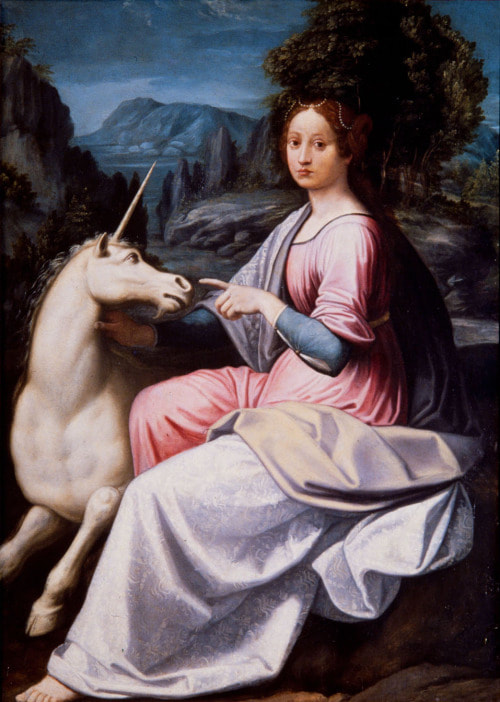
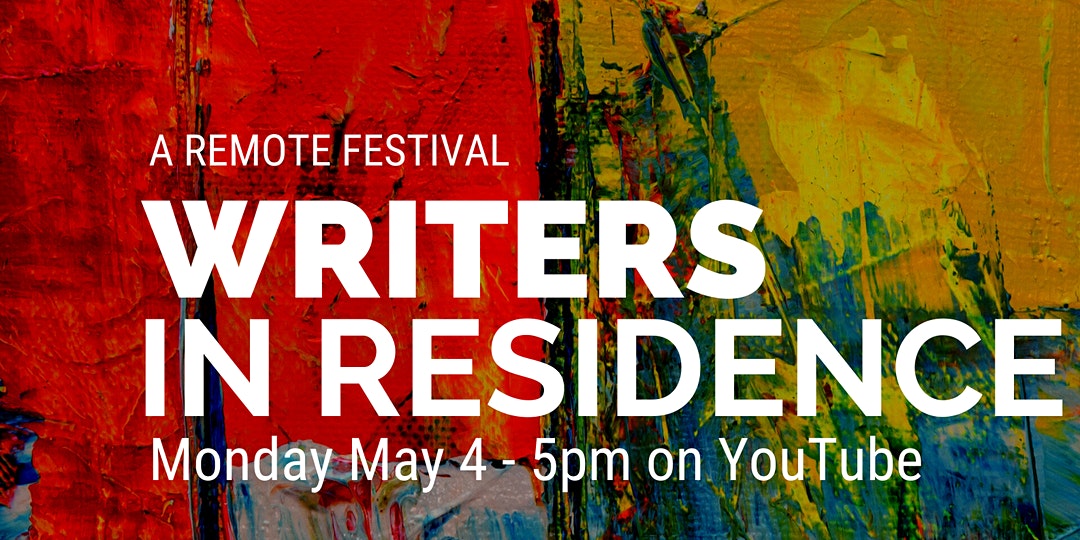
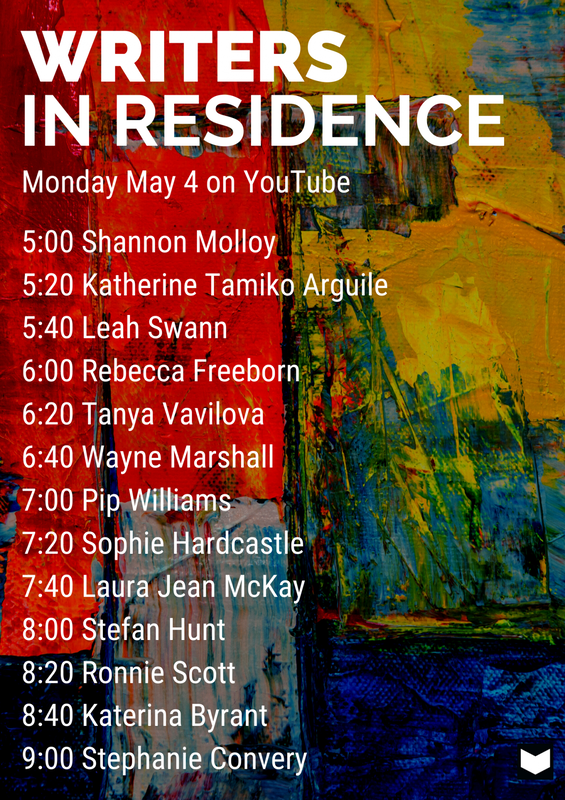
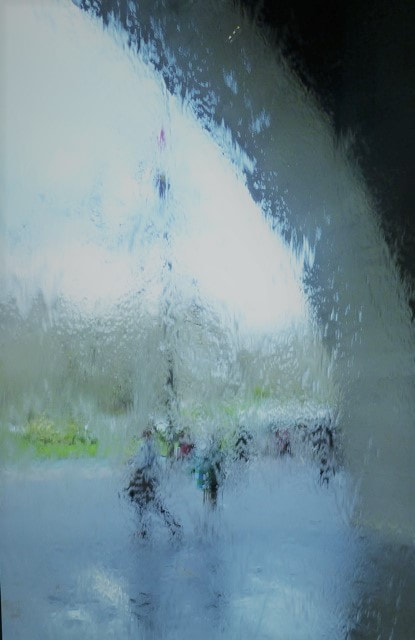
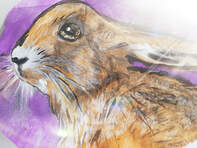
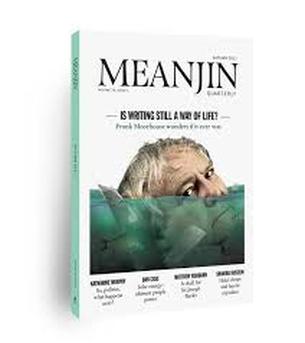
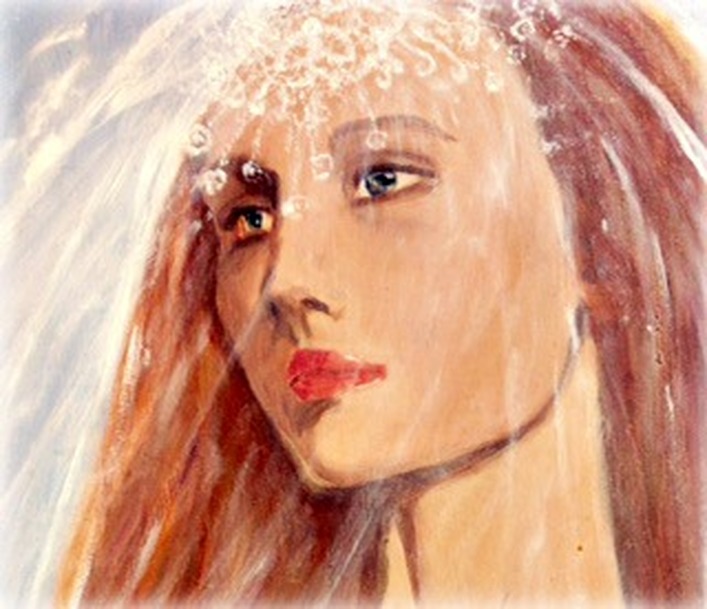
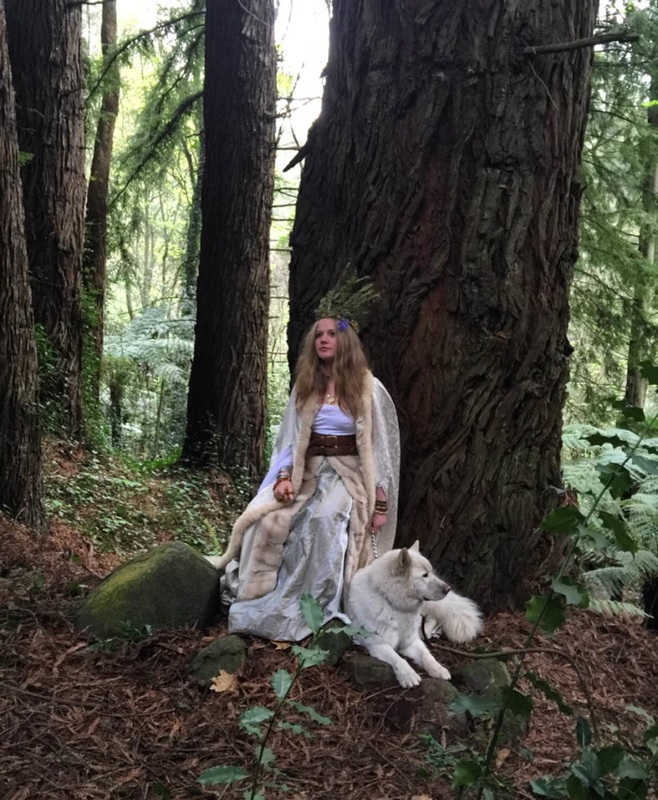
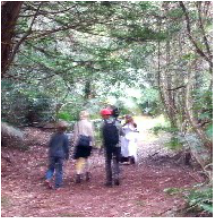
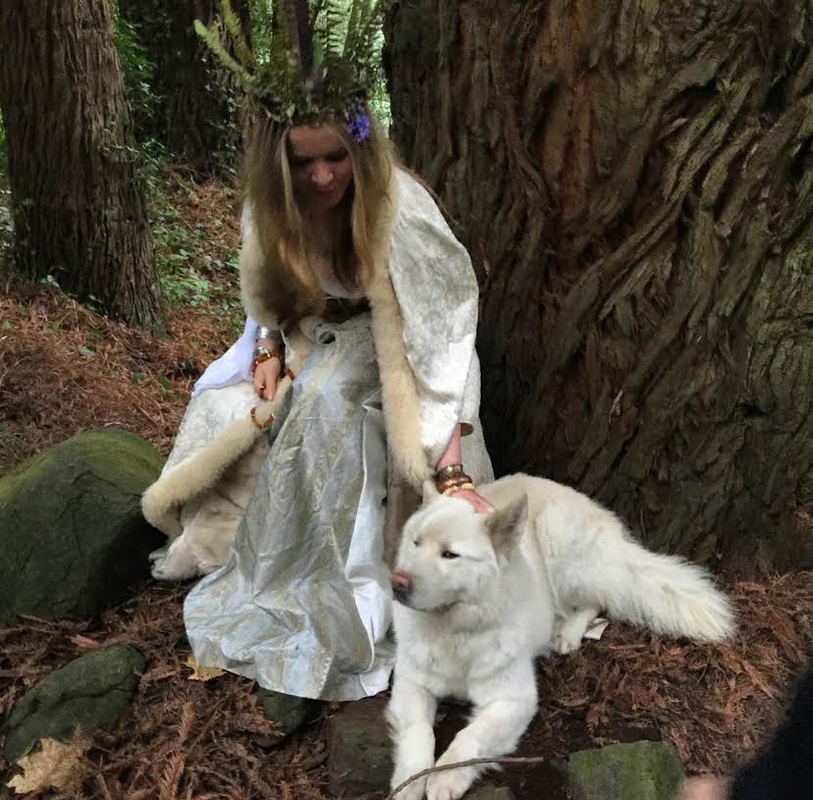

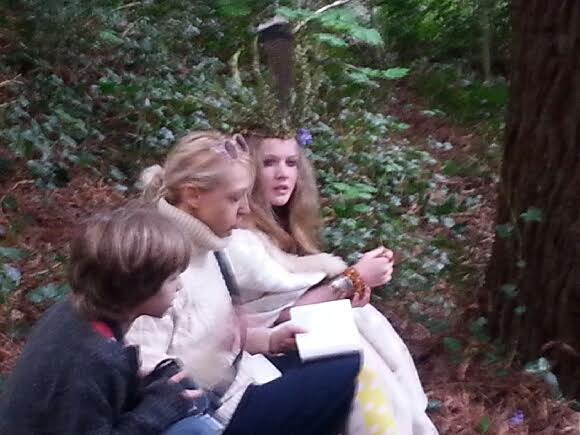
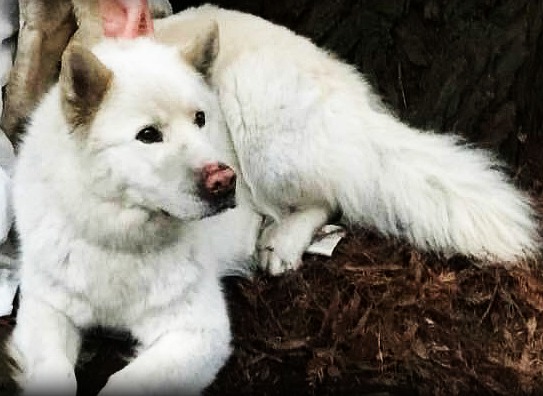
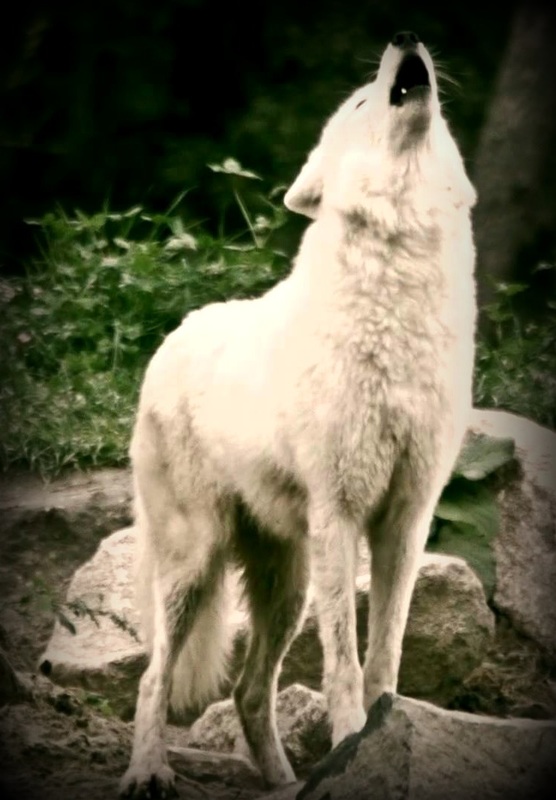
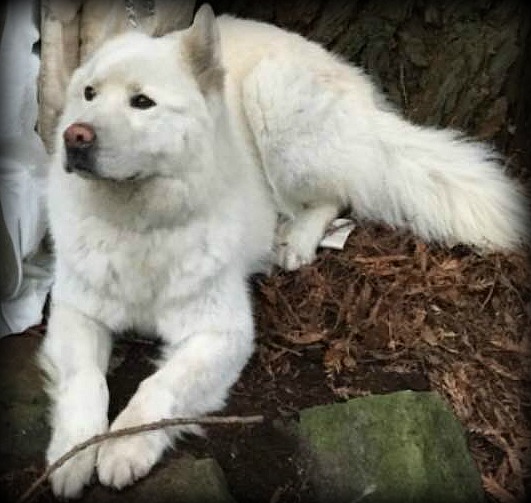
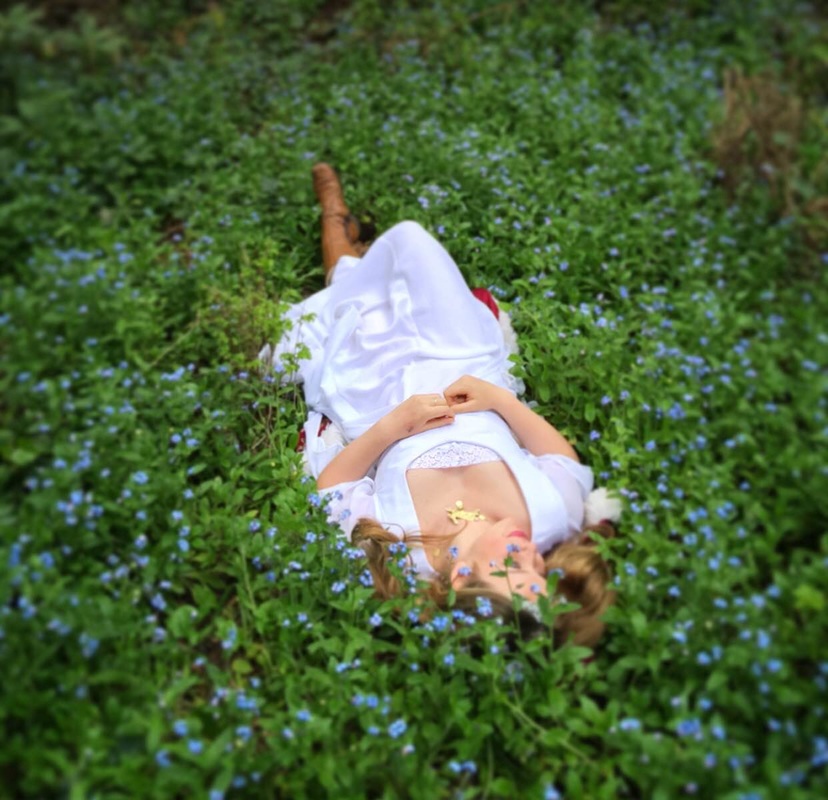
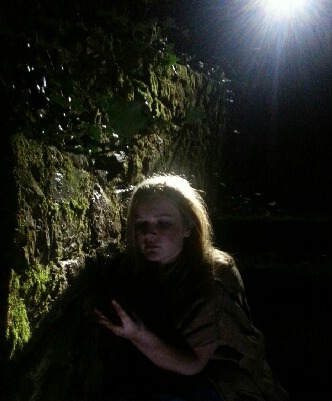
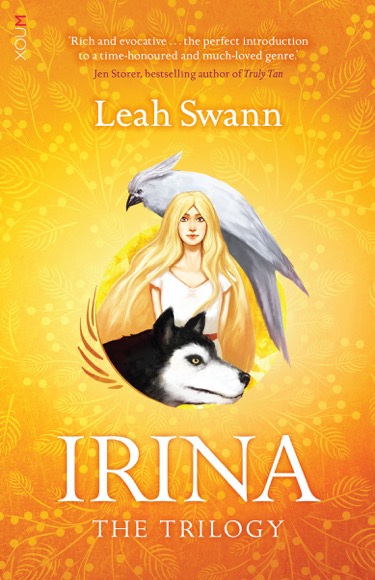

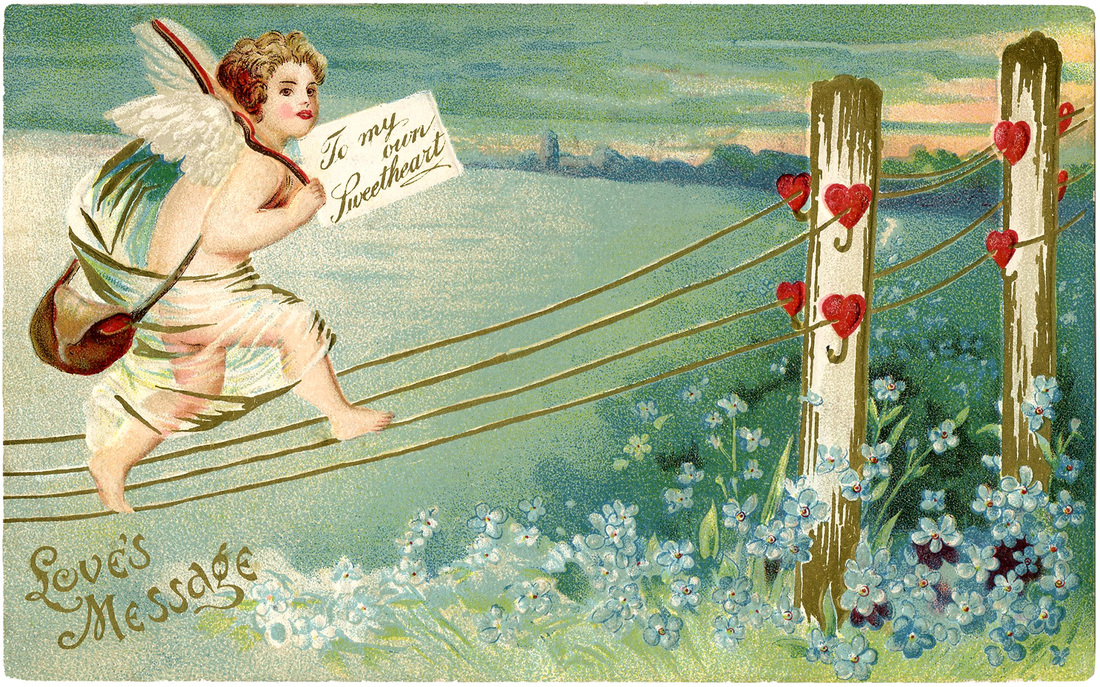
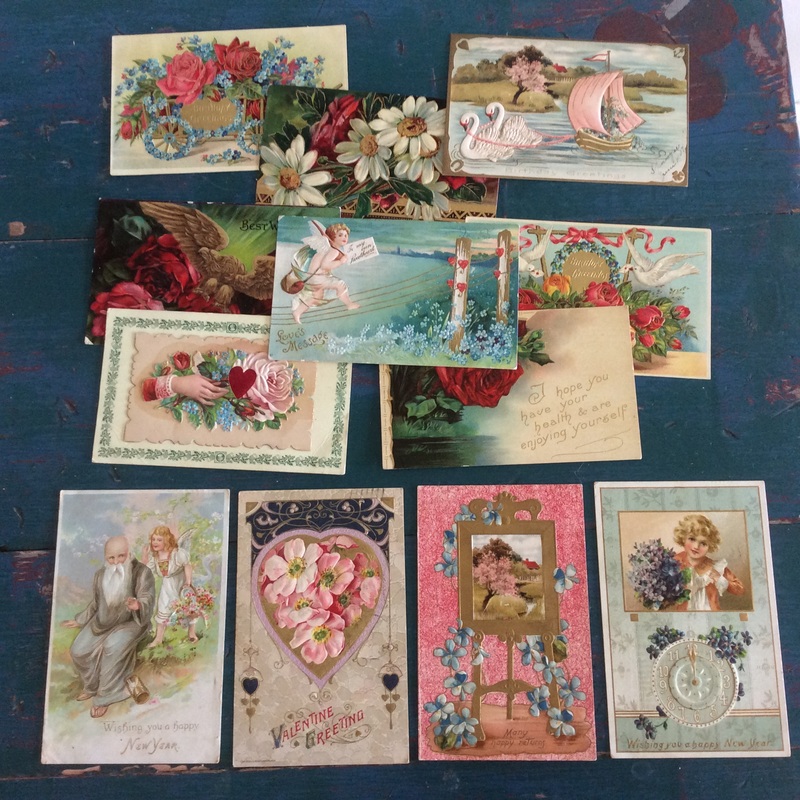

 RSS Feed
RSS Feed